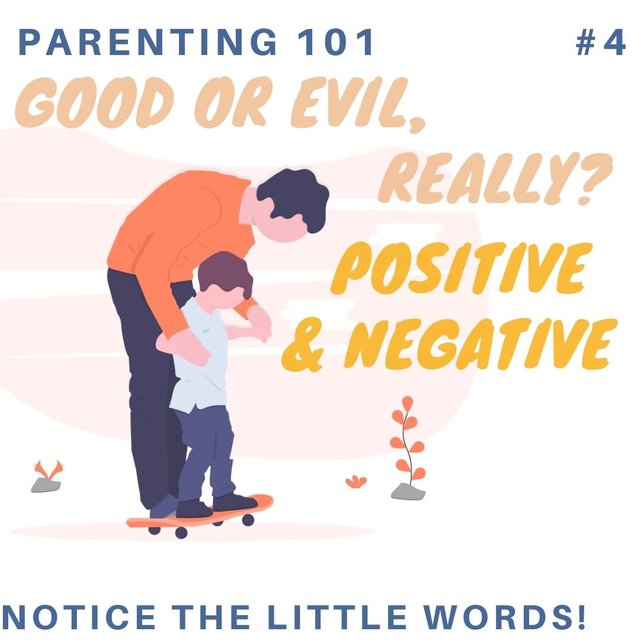Can Children really be Good or Bad?

Children can, from time to time, be a handful to their caregivers, as it is in their nature to challenge authority, push boundaries, and break down limits. As parents try to keep them safe while teaching and guiding them on what is not desirable or unsafe behavior and direct them towards the desirable or safe behaviors, parents may frequently use the words “bad” or “good” in describing their child’s behaviors. Parents often use expressions such as “bad boy” or “good boy,” or “that is naughty of you Cassie,” or “you are such an angel, Cassie.” In my opinion, parents use such expressions since there exists a construct of “good” versus “evil” in the world, and therefore, they borrow from that framework.
However, are children’s behavior really “bad” or “evil” or “good?” Yes, some behaviors are less safe or helpful to themselves or their environment, but are they a product of “evil” intentions? Sometimes, children do things, just because it is “fun” or “interesting” for them to do, without the intention of harassing their parents. As mentioned before, many behaviors that children do are really their attempts at getting their parents’ attention rather than them being possessed by an evil influence. The same principle applies to the “good” behaviors that children do: most of the time, children act “good” not because they know and respect the laws of ethics or religion, but simply because they are encouraged to do so by their parents.
When children are repeatedly told that they are “bad” or that their behavior is “bad,” they may feel as though that they are “not a good person,” inherently. They may feel as though they are “bad” and that being “bad” is a part of them – something that they cannot get rid of and will have to live with. If they continue to hear from their close caregivers that they are “bad,” they may form the idea that they are “flawed” and not able to be loved by their caregivers. This line of thinking can contribute to them developing a low sense of self-worth or self-esteem, and maybe even, depression or anxiety in the future as well.
Telling children that they are “good” is not very helpful as well, because it works off of the dichotomy of “good” versus “bad,” and just as easily they may think that they were born “good” they may think of themselves in the opposite direction of the spectrum of good and bad, and think that they are “bad.”
Instead of using the framework of “bad” versus “good,” it is more helpful for the child to think in terms of “not helpful” versus “helpful” or “negative” versus “positive” behaviors. After all, it is the behavior that we would like to help the child to change and not their personality when we are correcting them. Plus, most human behaviors’ value or quality really depends on the situation, so the character of the behavior is relatively “positive” or “negative,” “helpful” or “not helpful” rather than “good” or “bad.”
So, the next time you are providing attention to your child’s behavior, and you feel that it is a behavior that is not desirable, or positive or helpful, then try using the expressions: “Hey Cassie, throwing your food on the ground is a negative behavior” or “Hey JinGyu, hitting your brother is not helping the situation and we do not allow that.” In the long run, this way of teaching your child evaluate their behaviors will help your child think about him/herself in positives and negatives and not as a good or bad person.
Try using Joi App, which is designed to set MindGoals and track progress. Get push alarms throughout the day and be reminded of your objectives. Join discussion boards and see how other parents are dealing with similar issues.